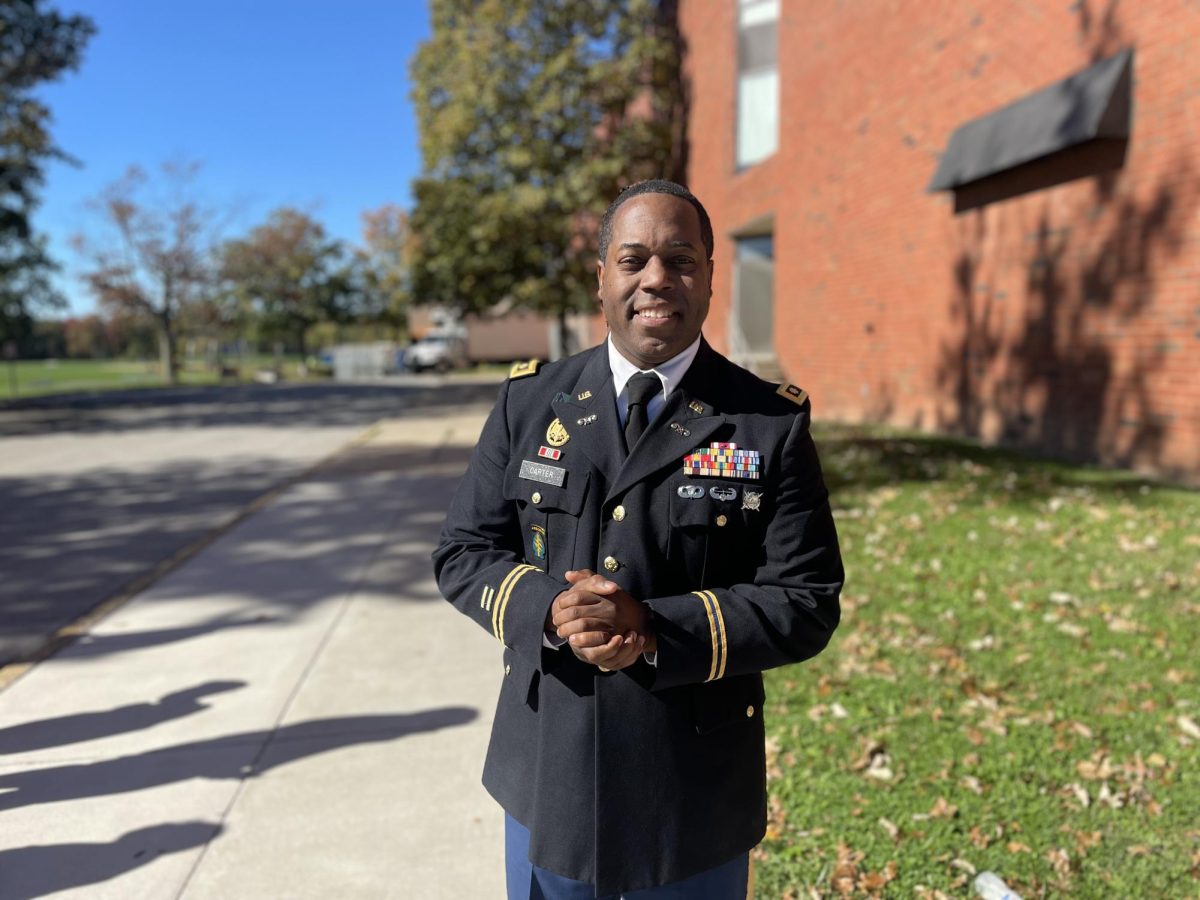Professor Offers Advice to High School Seniors For A Successful First Year of College
January 13, 2020
Once you graduate from high school, there are no set guidelines on how to survive college, let alone life. Your high school teachers may prepare you for the curriculum, but they don’t mentally prepare you for the amount of stress you must succumb to when entering what could be the most challenging years of your life. In order to get a sense of what students in Norristown need to be successful in college, I spoke with Dr. Elenor Shevlin, an English professor and head of the English department at West Chester University. Dr. Shevlin has provided advice for high school seniors on what they should expect when entering college, advising incoming college freshmen to be prepared.
Entering a college classroom as a freshman might seem intimidating (and it is), but it’s best that you are ready to take challenges head-on. When you enter a classroom, Dr. Shevlin explains, professors will already have a set of expectations, but she suggests students should also have their own set of expectations for their teachers. Make sure your professors give clear instructions on what they want from their students. Instead of only showing interest in a particular subject, relate it to the workforce. Allow your professors to not only guide you through college but also teach you to do after you graduate.
Expect a lot of reading your first few days, Dr. Shevlin says. “Reading the syllabus will benefit your time in class significantly. Your professors will hand you a list; be prepared to read every bit of detail. Professors will also be on the lookout for engagement in the class.” These guides that are set out for you by your professors will be the skeleton of your future college career. According to Dr. Shevlin, you can still expect the usual ice breakers, so don’t be afraid to chime in and talk for the first few weeks of class, as your professors will notice.
Dr. Shevlin fully encourages students to ask for help. “It’s not the same as when you were in high school. Don’t be discouraged to ask for help. People don’t always realize that. I’d say, academically they are ready for college, but because the curriculum is different compared to high school, the learning curve can discourage students.” She emphasized that “the rhythm of assignments are different. Students need to adapt to be able to thrive in a new environment.” The best way to move past a problem is to ask for help, and in college, it’s best to fully understand the subject rather than portions of it. That’s why Dr. Shevlin advises to seek out any opportunity you can get to better prepare yourself for difficult courses.
Dr. Shevlin suggests getting help after office hours, stating, “Tutoring will also be a big push. Sign up for tutoring.” If students are struggling with anything at all, the wisest decision would be to go see your professor. Do not waste time when in college. Asking for help will definitely benefit you in the long run. Most students are afraid to reach out, even before entering college. The best way to open up about struggling in a subject is to slowly ask questions and participate in class discussions. Do not be afraid of wanting to understand a subject you find difficult; professors are always ready to answer questions. Although graduating and passing all classes is the goal, it’s also important to remember to take it easy and relax sometimes.
“A lot of kids are stressed nowadays,” said Dr. Shevlin. “It’s a serious problem… If something isn’t major, students might be temporarily stressed. I take all of those signs seriously.” Colleges want students to know that their health comes first. Even though there might be a lot of pressure being put on them, there are many ways to help cope with the stress. “We have a good counseling center and therapy dogs that come at exam times to calm people down.” When students don’t find help when stress, it can take a toll on their college life, even leading them down the wrong path. Dr. Shevlin mentions that help will always be offered for students.
It is best to seek professional help when facing these issues; loading more work onto yourself will ultimately burn you out. Dr. Shevlin wants all students to know that opening up about an internal issue is very important. “It can be anything from an eating disorder to drugs and alcohol. I try to get them a proper professional. I try to be kind, pragmatic, and proactive, and non-judgmental.” Keeping problems to yourself will not better your situation; stress is a powerful thing, seeking help and talking about it can make life a little easier. When students are in a more welcoming environment, improvement will exceed significantly. This applies in any environment, especially when high school seniors are getting ready for college life.
When entering a new chapter in life, people are always hesitant to take the first steps, but there doesn’t need to be fear in exploring new horizons. Don’t wait until it’s too late. Start early by asking your current teachers for advice and try to keep your mind productive when in and after school. Remember, you are not alone in college, and when finding difficulty in subjects, never be afraid to ask for help; professors are there to guide and aid you. Don’t stress over wanting to graduate too fast, take it easy from time to time. College is an experience, so enjoy the adventure to the fullest.
Succeeding in your college career is the expectation and goal, make memories and friends while there; you only live once, make those four years or more worthwhile



